6 Views· 03 November 2022
Bushcraft trip - hot tent, gathering chaga and berries, making a cutting board, reindeer skin etc.
I am carving a cutting board, sleeping in a tent with a wood stove, cooking two meals, gathering tea and berries, making fire wood etc. Open the full video description for more information.
----------------------------
Date: September 2021
Day: 8°C to 20°C (46.4-68°F)
Night: -2°C to 8°C (28.4-46.4°F)
Location: Sweden. Clean and classic northern nature. Fresh water rivers. Pine, spruce and birch forest etc. Mountains, bears, wolves, eagles, reindeers etc. You need to take some care regarding animals, but in general no problems.
_________________
Consuming:
Water, spruce tea, chaga tea. Beef, potatoes, onions, garlic, chili, salt and cheese. Oats, water, salt, black crowberry and cranberries.
_________________
A few questions:
1. What tent and stove did you use?
Tschum 2P Light SOSWA https://tschum.de/product_info.....php?info=p33_tschum and Poshehonka Stove Set S basis version https://tschum.de/product_info.....php?info=p68_posheh
2. What sleeping gear did you use?
Reindeer skin and a homemade thick wool cover combined with a normal down sleeping bag.
3. What axe and knife are you using?
Both are homemade. The axe is one of the most common designs from the viking age. Ash handle, birch bark sheath, modern mild steel body with asymmetric forge welded eye and forge welded spring steel edge. The knife is spring steel, birch burl handle and birch bark sheath with a wooden inlay made from ash. The knife shape is just the common traditional design from my part of the world - if you look at old examples of Puukko knifes and Yakut knifes, can you see similar knifes. Both tools, the axe and the knife, are made for crafting and just daily life tasks.
4. Why not make the cutting board bigger and why add the cord?
I wanted to keep it small, so it is easy to bring along on future bushcraft trips. As small as possible, but of course big enough to still be use full. The cord makes me able to hang it up on example tress to keep it away from dirt.
5. Was it chaga you gathert from the birch tree?
Yes. Chaga is a fungus mainly used for tea and tinder for fire lighting (flint and steel). Chaga grows on damaged birch trees and chaga is common to find in the north. In this case did I make tea - a lot of ways to do it. I personally prefer to use big pieces of chaga and heat it for about 20 minutes (until the water gets brown/dark brown). The bigger pieces takes longer, but you are able to dry and reuse the chaga a few times, 4 times give or take and the reused chaga start to lose too much of it's taste. If you make chaga into powder is the tea ready right away.
6. How long did you stay?
I stayed a few days at this campsite. I am staying in Sweden for 4 weeks give or take. I have borrowed a friends cabin - some of the time am I in the cabin and some of the time am I out on bushcraft trips.
7. Will you make more blacksmithing videos?
Yes - when I get back home again to Denmark, will I record more blacksmithing videos... I want to make a few axes, a light weight frying pan, a knife and a few other things.
8. Is the water from the pound safe to drink?
Yes. Usually is a pound not a good water source... But on this location is the pound fine drinking water, you don't need to boil or filter it before drinking.
9. Does it damage the tree to remove the bark?
No - not as long you only remove losse birch bark and only use you're hands. Just be gentle and it will never be a problem. Never use a knife if you just need birch bark for starting a fire, when only take the losse bark and only use you're hands and be gentle - no need to leave a trace if you don't need to.
10. What about gathering mushrooms?
On this location is it a few weeks too late for gathering mushrooms. I am in a mountain area and it has been below freezing a few times doing night and the good eating mushrooms can't handle below freezing temperatures. If I get back home to Denmark in time, will I include gathering mushrooms in a video.
11. What is you're kuksa made from?
Birch burl. No oil or other finish. The dark color is just the result of a few years use. It is the only kup I own, so it gets used daily. If you want to make a kuksa, do you need to use burl, regular wood will crack right away or within the first few years of use. Burl is the only wood that can handle the heat/hot drinks and the beatings from transport/traveling. A well made burl kuksa can last a life time of daily use.
_________________
Some of the gear used in the video:
1. Pants = made by "Klattermusen"
2. Boots =made by "Duckfeet", model "Silkeborg", modified
3. Rucksack = old M39 Swedish military, modified
4. Tent = made by "Tschum", model 2P Light
5. Stove = Poshehonka Small basis
6. Axe and knife = homemade
7. Sleeping bag cover = wool, homemade
_________________
Video gear: Canon EOS RP, Canon 50 1.8, Røde videomicpro+, iMovie, Macbook Air M1.
_________________

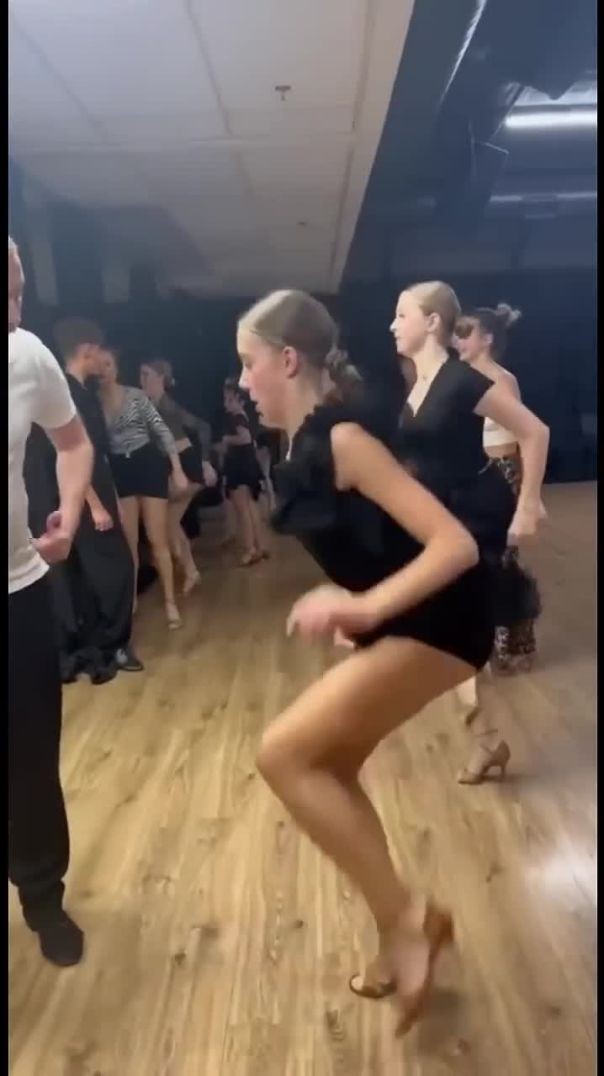















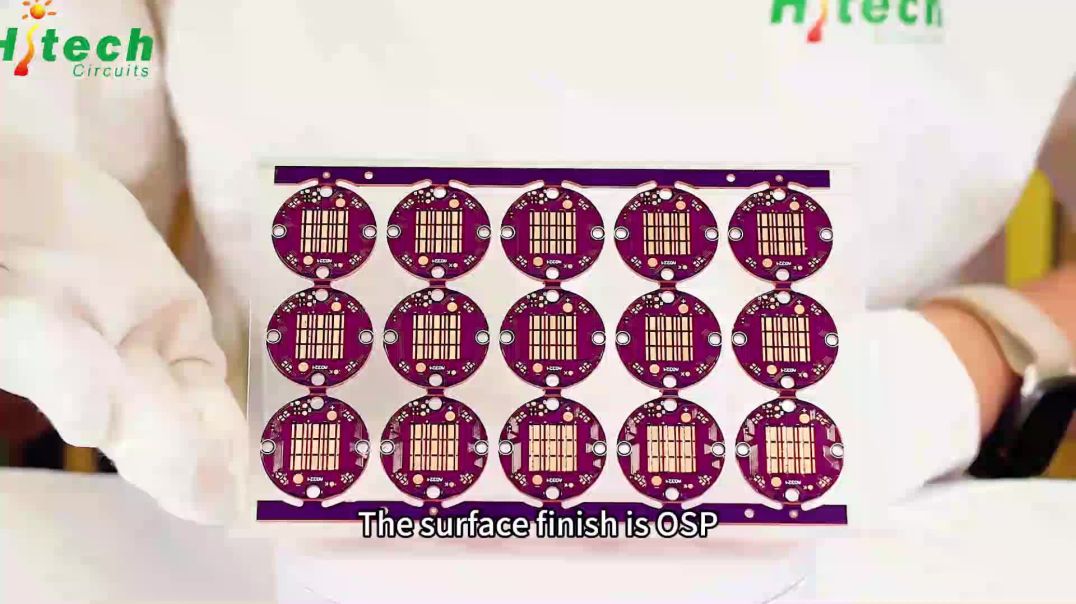

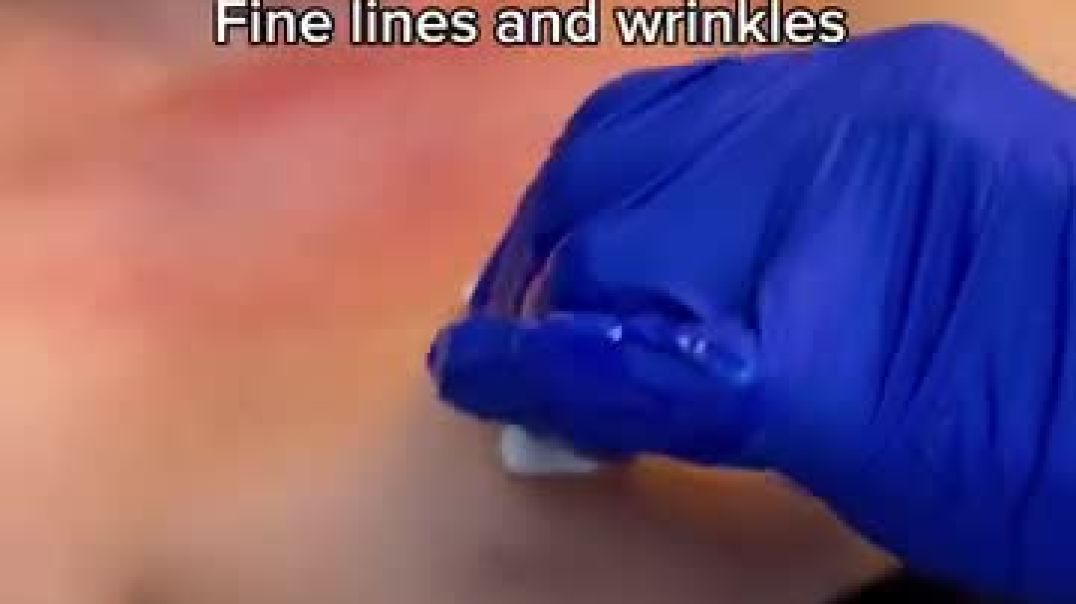





0 Comments